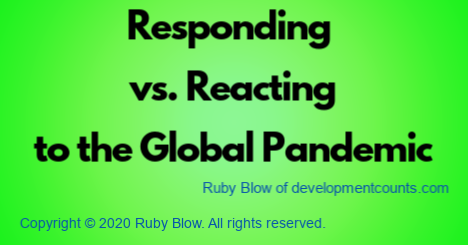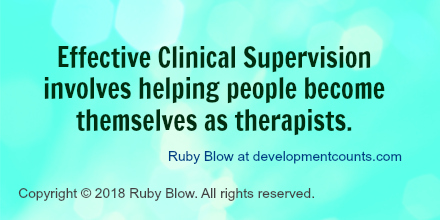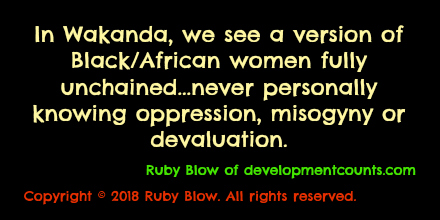The Incredible Hulk
When I was a kid, I used to like to watch The Incredible Hulk TV series. The character Bruce Banner would turn into the green monster when he was angry.
His famous line was “Don’t make me angry… you won’t like me when I am angry.” When I look back on that line now, it is clear to me that he was assigning responsibility for his actions as the Hulk to others and their actions.
While we certainly do have real reactions and responses to what others do and say, it does not relieve us of our own personal responsibility.
The Hulk would get angry and go after the person he felt was a threat to him, as well as anyone and everything in his path. Thus leaving a trail of destruction.
What Bruce Banner didn’t like about becoming the Hulk was being out of control.
Being Empowered
I am convinced that at the root of most anger is a sense of powerlessness. When I feel frustrated, it is often because of a conflict between exercising my personal freedom and attending to another role or responsibility.
Part of becoming empowered means finding where we are “able” …. and acting from that stance. It is a lesson to be revisited over and over again. In other words we will have plenty of opportunity to practice.
There doesn’t seem to be a time when we are not presented with circumstances that might make us feel powerless or choice-less.
The key seems to be recognizing that while there is much beyond our control, the actions of others can have a real impact on us. We can’t blame others for our failures or shortcomings.
We also should not release a big green rage monster (like the Hulk) on others when things don’t go as we hope or intend.
I have not found a way to help others grow without them integrating this concept in their own lives. I ask myself…is this person using language of responsibility or language that is about blame?
I know that to attain success, I have to help the person shift to a perspective that allows self-awareness about their role, while minimizing self-blame which is more about being a victim.
Victimization never feels powerful. The victim’s view point is “someone else is at fault” and equally damaging “so you’re saying it’s my fault.”
Take Responsibility
To be successful in my role as a facilitator of professional development, I must be able to imagine that person being empowered and accepting responsibility, even when they are not demonstrating that characteristic.
My goal is to help them learn to stand in their power and act consciously, instead of like the unconscious angry Hulk waiting in the wings.
While the Hulk might have brute strength, there is a trail of destruction. I have watched many a professional destroy their potential for a helpful professional network by either behaving like a victim and believing they are powerless or by being destructively angry.
We must seek and believe that we can have impact on our desired outcomes. We must believe that we can use what frustrates or angers us as motivation toward our highest potential.
A turning point in one’s life is the ability to recognize the value of responsibility over seeking fault and blame. To that end, one of my favorite resources is Jack Canfield’s book The Success Principles. The first chapter is titled “Take 100% Responsibility for Your Life.” You can learn more about his work at jackcanfield.com/
He just came out with a 10th anniversary edition of the text. It is virtual blueprint for personal empowerment and of course, success.
I’d love to know your recommendations for empowering books or resources. Please share your comments below.
Copyright © 2015 Ruby Blow. All rights reserved.
Also, follow me (Ruby) on Twitter, connect with me on LinkedIn and like my business page on Facebook.





